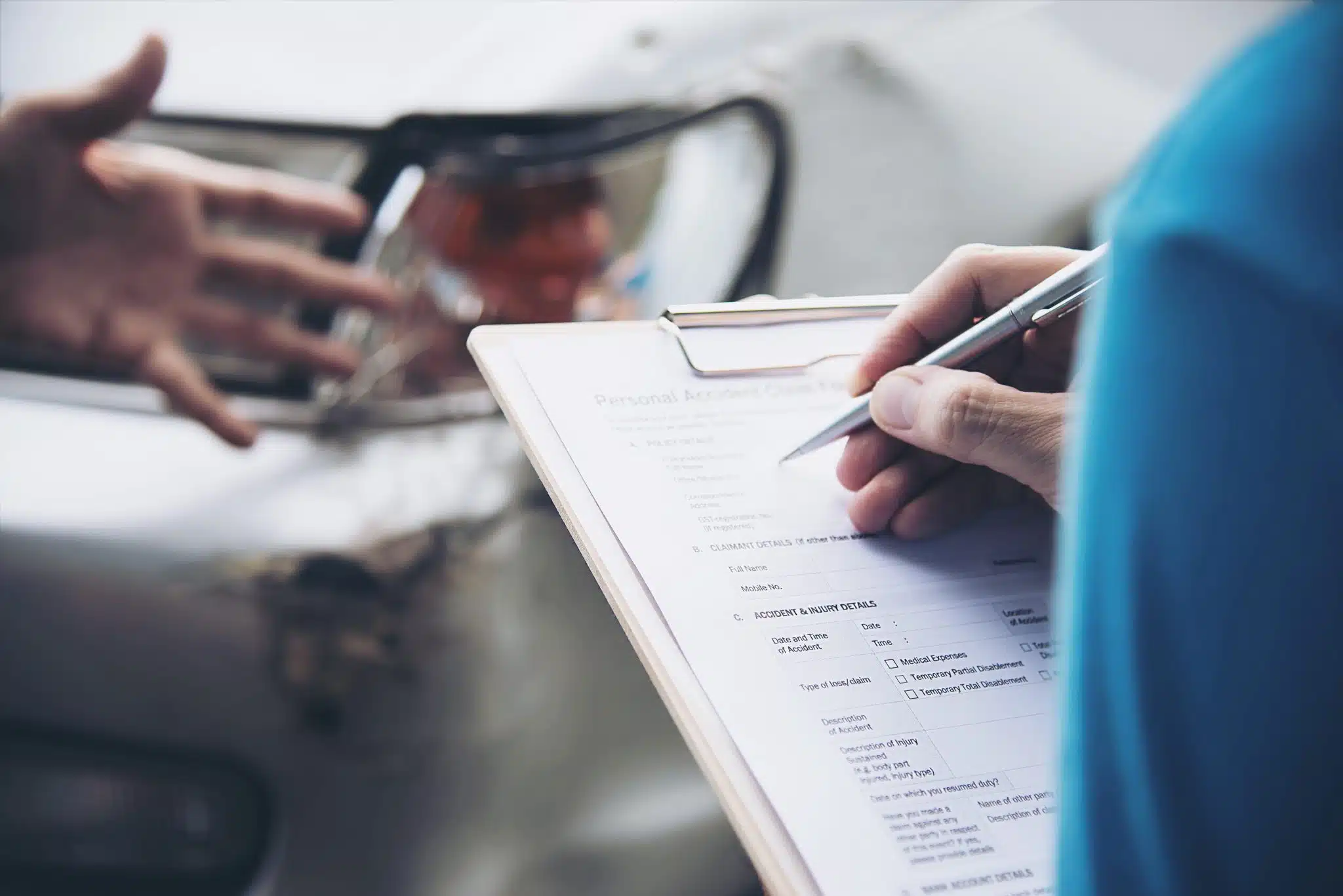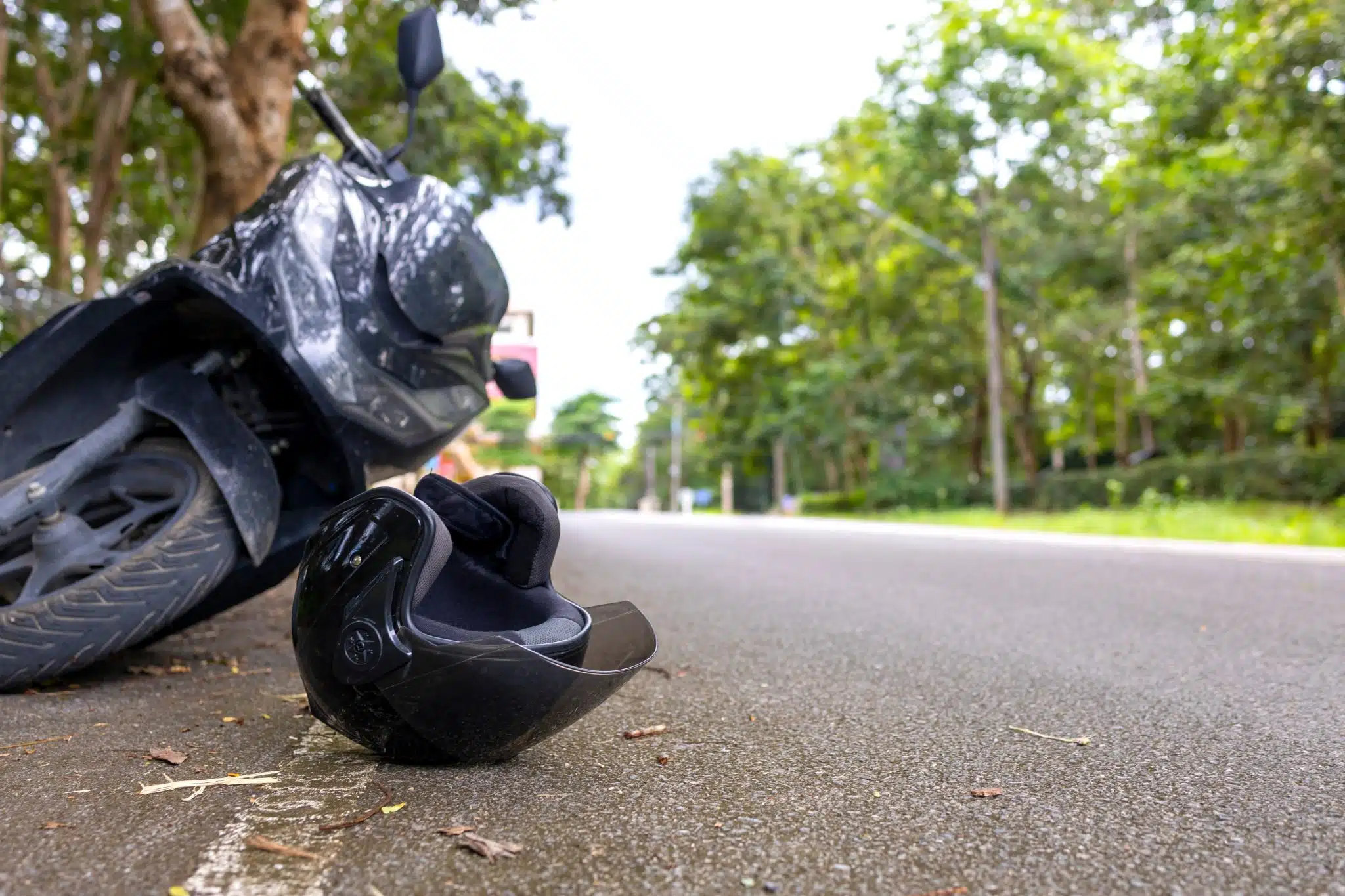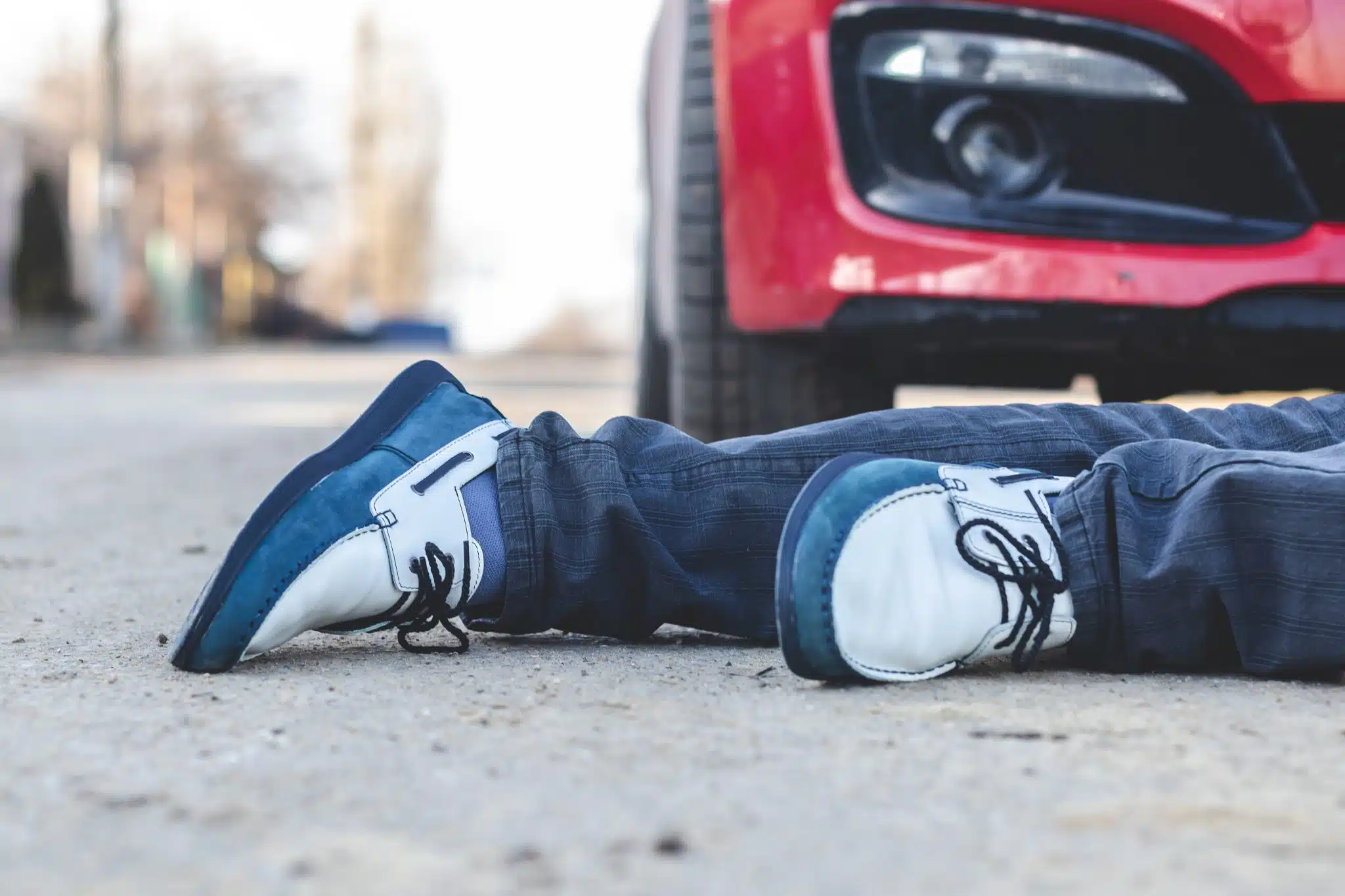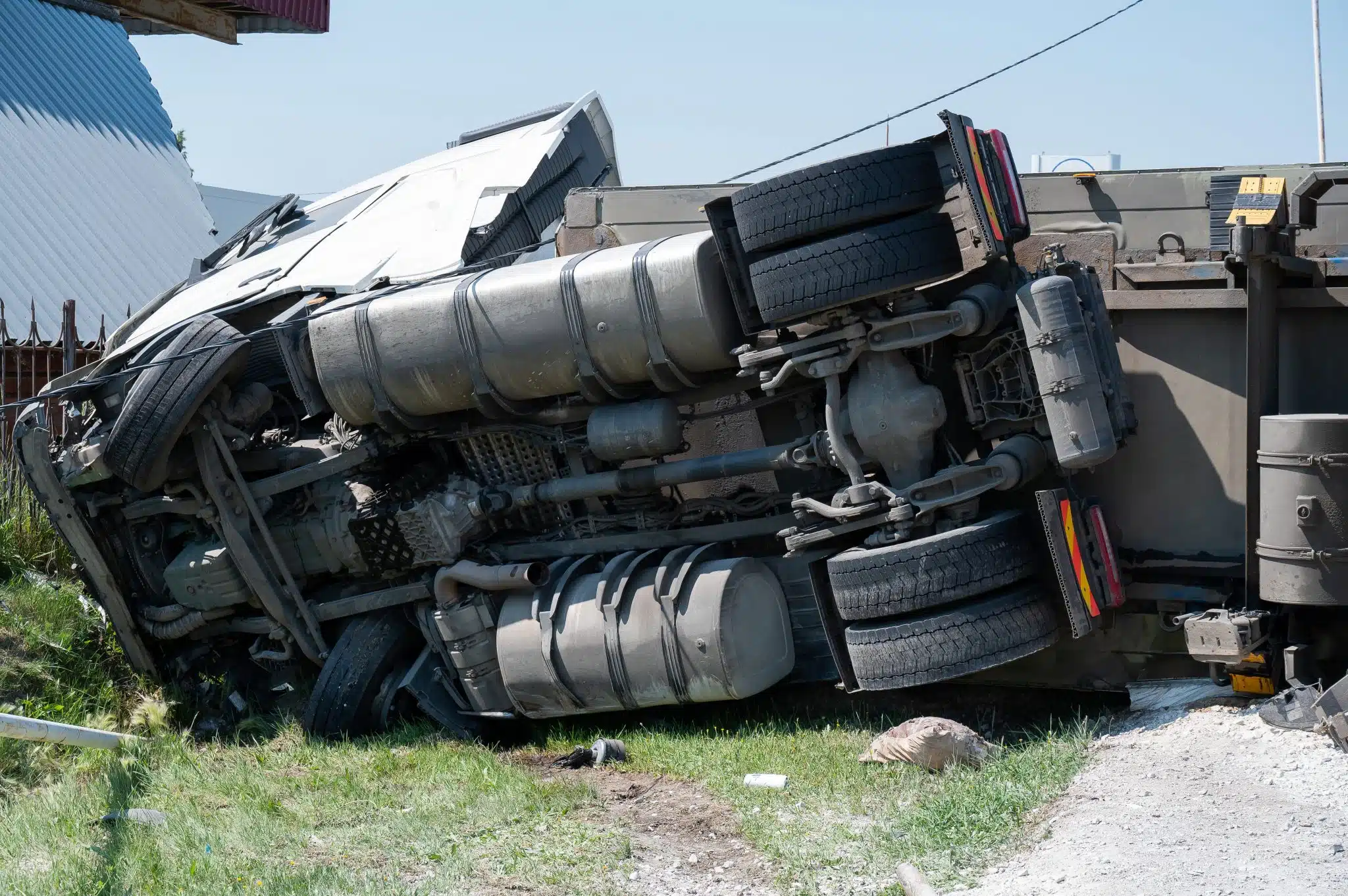Injury lawyer blog
Electric bikes have introduced a significant challenge into New York personal injury law, creating a liability gray area between traditional… Read More
Pennsylvania operates under a partial helmet law, which creates confusion for even the most seasoned riders. The core of the… Read More
When a child is hurt in a crosswalk, the immediate focus is on the driver. But what if the driver… Read More
Data from Philadelphia’s Vision Zero initiative reveals just 12% of the city’s streets, known as the High Injury Network (HIN),… Read More
If you’re injured by a garbage truck in Brooklyn, the legal path forward depends entirely on who owns that truck…. Read More
Birth injury

Study Suggests Zofran Not Safe for Use During Pregnancy Many pregnant women are prescribed Zofran as an anti-nausea drug. Yet… Read More
Bus Accidents
Car Accidents

Being in a car accident is jarring enough. But when you see an out-of-state license plate on the car that… Read More

New York’s Vision Zero plan acts as a double-edged sword for accident claims. On one hand, it provides a wealth… Read More

Locals call it the “Sure-Kill Expressway” for a reason. It is a hazardous stretch of road where narrow shoulders and… Read More
Medical Malpractice

To file a medical malpractice lawsuit in Philadelphia, you’ll need to meet specific requirements and filing deadlines to potentially recover… Read More

When you visit a doctor or hospital, you trust that the medical professionals caring for you will provide the best… Read More

HBO Documentary “Bleed Out” Shows Effects of Medical Mistakes for Patients and Their Families Medical errors happen much more often… Read More
Personal Injury

When speaking with your insurance company after an accident, don’t admit fault, speculate on the accident’s cause, or minimize your… Read More

A serious injury changes your life in an instant. Whether you were injured by a negligent driver on Route 70,… Read More

Speaking to a personal injury lawyer should be at the top of your to-do list after a rideshare accident in… Read More








